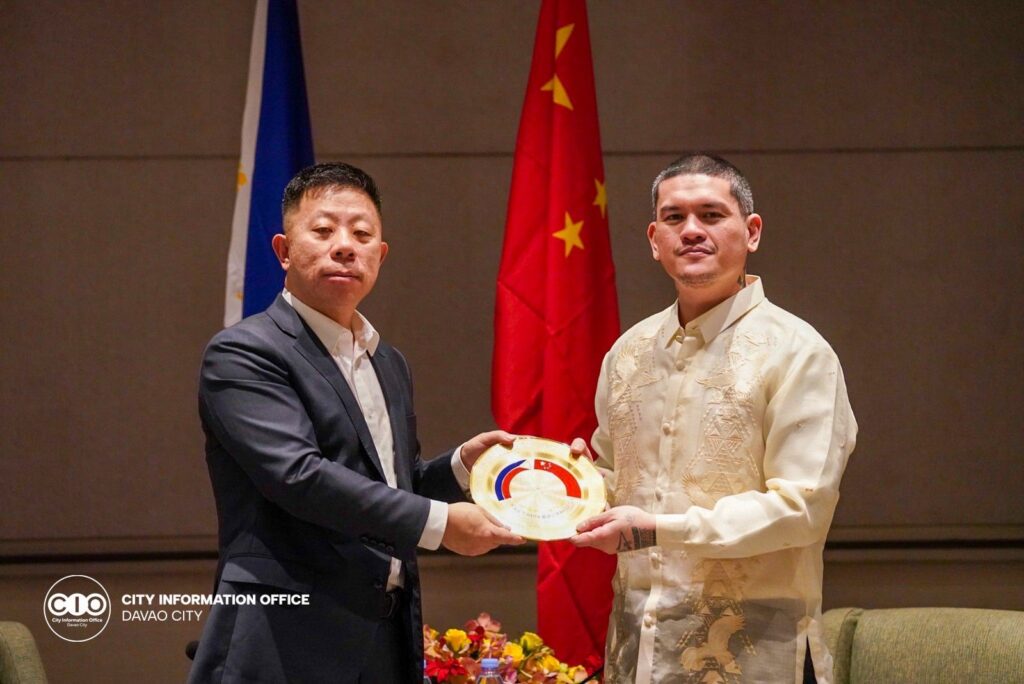There is something terribly wrong with the indictment of the Smartmatic founder and a top executive in Miami, Florida for purportedly bribing former Commission on Elections chairman Juan Andres Donato Bautista with more than $1-million. US prosecutors should do better as the amount gives a bad name to corruption at the Comelec, as one wag points out.
The amount of $1-million is literally peanuts as the going rate, as government mafiosos admit, is 20% cash, take-it-or-leave-it. The grand jury indictment, wrote
Antonio Maria Delgado for the Miami Herald, found Venezuelan-American executive Roger Piñate, the founder and president of Smartmatic and Jorge Miguel Vasquez, 62, were involved in the payment of $1 million in bribes to Comelec chairman Andy Bautista. “These bribes were allegedly paid to obtain and retain business related to providing voting machines and election services for the 2016 Philippine elections and to secure payments on the contracts, including the release of value added tax payments,” the US Justice Department.
Purportedly, Delgado reported. Pinate and Vasquez financed the bribes by over-invoicing the cost per voting machine for the elections. They then used coded language to refer to the slush fund used to make the illicit payments and caused the creation of fraudulent contracts and sham loan agreements to justify transfers. Joshua Goodman of the Associated Press (AP) wrote that the accused laundered funds related to the bribery scheme through bank accounts in Asia, Europe, and the US, including in the Southern District of Florida.
Bautista, Piñate, Vasquez, and Elie Moreno, 44, a dual citizen of Venezuela and Israel, are each charged with one count of conspiracy to commit money laundering and three counts of international laundering of monetary instruments. Bautista, Pinate, Vasquez and Moreno face a maximum penalty of 20 years for each count of international laundering of monetary instruments and conspiracy to commit money laundering. Venezuelans Antonio Mugica and Alfredo José Anzola founded Smartmatic in 2000 and it was chosen by Venezuelan president Hugo Chávez to replace the country’s voting machines in 2004. The company grew by acquiring the much larger Sequoia Voting Systems in 2006 but later claimed that it had divested its stake in that company.
The deal that got Bautista in trouble pertains to two deals that Comelec had cut for the lease of 70,977 optical mark reader (OMR) machines for the May 2016 elections worth P6.3-billion and the lease for 23,000 OMRs for P1.7 billion. The two deals cost taxpayers P8-billion. In contrast, the current Comelec under chairman George Erwin Garcia signed a deal with the South Korean Miru Systems on March 11, 2024 for the lease of its automated election system (AES) for P17.99-billion. The following month, the Supreme Court (SC) ruled that the Comelec committed grave abuse of discretion when it barred Smartmatic from joining the AES bidding but refused to invalidate the process, citing the doctrine of “operative fact.”
The Comelec resorted to leasing new voting machines for the 2016 elections after junking the planned refurbishing of 81,896 precinct count optical scan (PCOS) machines used in previous elections for lack of time. The 81,896 old PCOS machines were to have been supplemented by the 23,000 new OMRs. In 2015, the Comelec leased Smartmatic equipment. In 2024, the Comelec barred Smartmatic from participating in the bidding for another lease of automated voting machines. In both instances, the poll body opted to spend more at the taxpayer’s dime, for a total of P26-billion in a span of eight sad years. It would be a folly to think that those who won in 2015 and 2024 would not be so gracious as to deny their partners compensation of some sort. With every push, there is a pull. It’s physics. And the US Supreme Court (SC) just made “gifts” to justices and elected officials after a good deed a nothingburger.
Americans must be totally ignorant about worldly ways of graft and the weird workings of corruption. The best way to avoid scrutiny is pay everything in cash so that any allegation of keeping offshore accounts wouldn’t fly. Or get money laundering experts in Singapore to have the money land in some family offices in the name of trusted kith and kin, as what Elon Musk and other billionaires do. Keeping gold bars may not fit the bill as Sen. Bob Menendez and wife found out. Expert looters of national treasuries relied for a long time on Swiss bankers and nominees but the problem is that they might lose their fortunes as Swiss courts turned the screws on trustees, forcing them to throw their bosses under the bus.
However, risking everything for a $1-million bribe to a Comelec official is puzzling, along with the code that no Navajo talker could break, as the money involved is a pittance. The indictment claims the bribe came by way of the overprice for the voting machines, all 93,977 of them, but the deals were about leases, not purchases of equipment. Could you imagine getting a mere $11 per voting machine and amassing 93,977 photocopies of the invoices? In the case of the Miru Systems award, which is another lease, would the commission or “consideration” be a measly $11 per machine? If the going rates for corrupt government deals were to be followed, the P8-billion 2015 Comelec deal would have merited “facilitators” P1.6 billion, not the shamelessly low $1-million. For the 2024 Miru deal, it’s gonna be raining dollars. Or P3.6-billion to be exact. Danny Purple was right in saying “crime does not pay.” Only taxpayers do?




